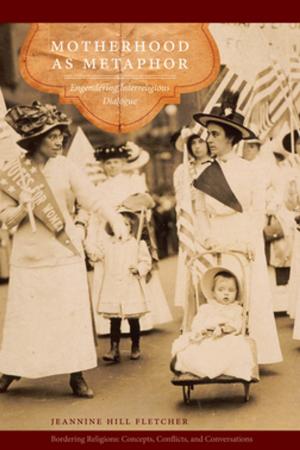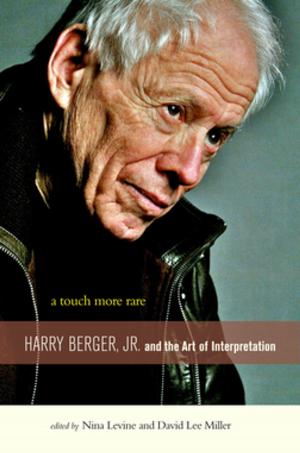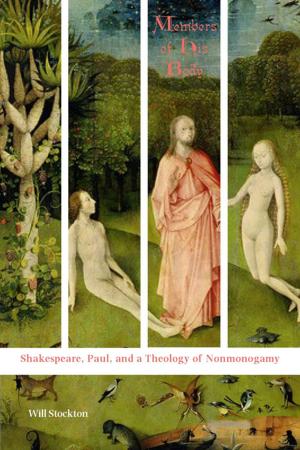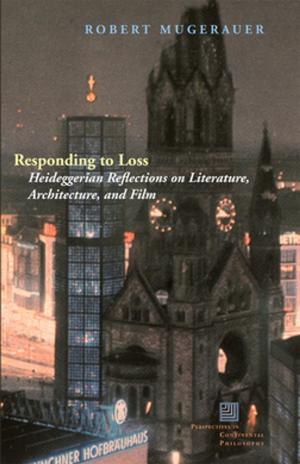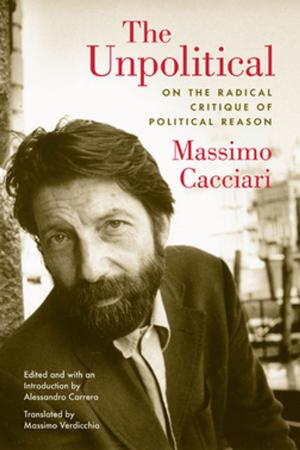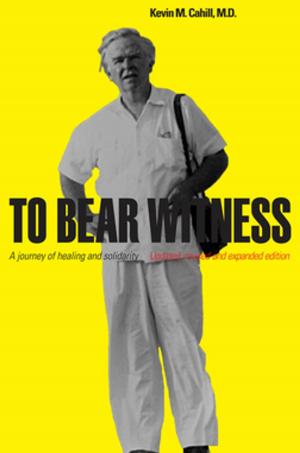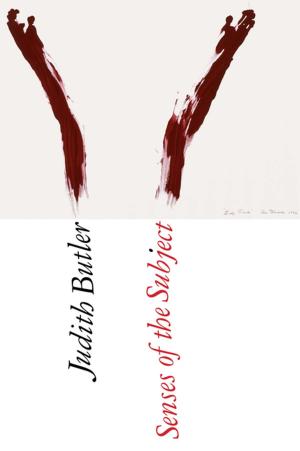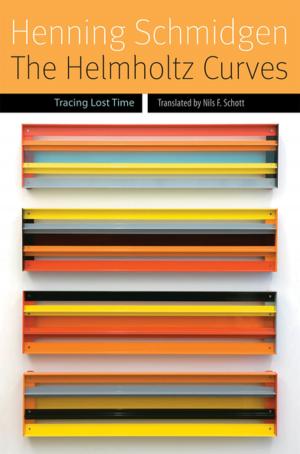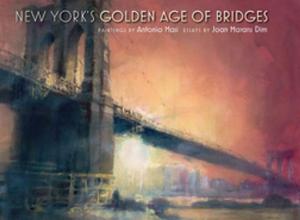For the Love of Psychoanalysis
The Play of Chance in Freud and Derrida
Nonfiction, Health & Well Being, Psychology, Psychoanalysis, Fiction & Literature, Literary Theory & Criticism, Theory, Religion & Spirituality, Philosophy| Author: | Elizabeth Rottenberg | ISBN: | 9780823284122 |
| Publisher: | Fordham University Press | Publication: | June 4, 2019 |
| Imprint: | Fordham University Press | Language: | English |
| Author: | Elizabeth Rottenberg |
| ISBN: | 9780823284122 |
| Publisher: | Fordham University Press |
| Publication: | June 4, 2019 |
| Imprint: | Fordham University Press |
| Language: | English |
For the Love of Psychoanalysis is a book about what exceeds or resists calculation—in life and in death. Rottenberg examines what emerges from the difference between psychoanalysis and philosophy.
Part I, “Freuderrida,” announces a non-traditional Freud: a Freud associated not with sexuality, repression, unconsciousness, and symbolization, but with accidents and chance. Looking at accidents both in and of Freud’s writing, Rottenberg elaborates the unexpected insights that both produce and disrupt our received ideas of psychoanalytic theory. Whether this disruption is figured as a foreign body, as traumatic temporality, as spatial unlocatability, or as the death drive, it points to something that is neither simply inside nor simply outside the psyche, neither psychically nor materially determined.
Whereas the close reading of Freud leaves us open to the accidents of psychoanalytic writing, Part II, “Freuderrida,” addresses itself to what transports us back and limits the openness of our horizon. Here the example par excellence is the death penalty and the cruelty of its calculating decision. If “Freuderrida” insists on the death penalty, if it returns to it compulsively, it is not only because its calculating drive is inseparable from the history of reason as philosophical reason; it is also because the death penalty provides us with one of the most spectacular and spectacularly obscene expressions of Freud’s death drive.
Written with rigor, elegance, and wit, this book will be essential reading for anyone interested in Freud, Derrida, and the many critical debates to which their thought gives rise.
For the Love of Psychoanalysis is a book about what exceeds or resists calculation—in life and in death. Rottenberg examines what emerges from the difference between psychoanalysis and philosophy.
Part I, “Freuderrida,” announces a non-traditional Freud: a Freud associated not with sexuality, repression, unconsciousness, and symbolization, but with accidents and chance. Looking at accidents both in and of Freud’s writing, Rottenberg elaborates the unexpected insights that both produce and disrupt our received ideas of psychoanalytic theory. Whether this disruption is figured as a foreign body, as traumatic temporality, as spatial unlocatability, or as the death drive, it points to something that is neither simply inside nor simply outside the psyche, neither psychically nor materially determined.
Whereas the close reading of Freud leaves us open to the accidents of psychoanalytic writing, Part II, “Freuderrida,” addresses itself to what transports us back and limits the openness of our horizon. Here the example par excellence is the death penalty and the cruelty of its calculating decision. If “Freuderrida” insists on the death penalty, if it returns to it compulsively, it is not only because its calculating drive is inseparable from the history of reason as philosophical reason; it is also because the death penalty provides us with one of the most spectacular and spectacularly obscene expressions of Freud’s death drive.
Written with rigor, elegance, and wit, this book will be essential reading for anyone interested in Freud, Derrida, and the many critical debates to which their thought gives rise.


